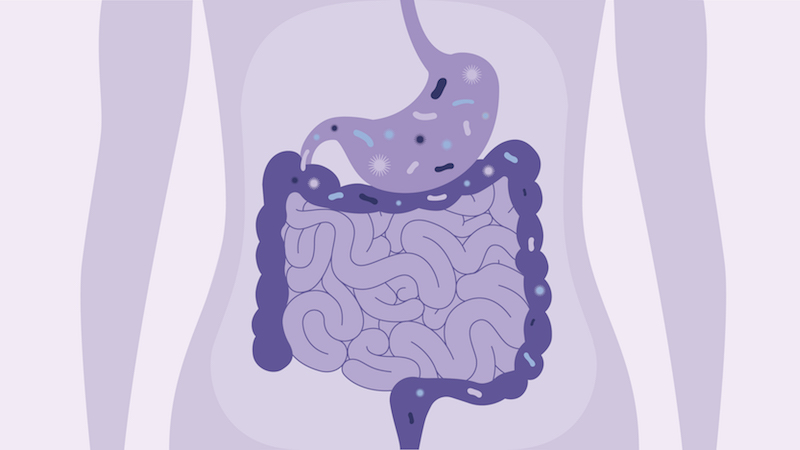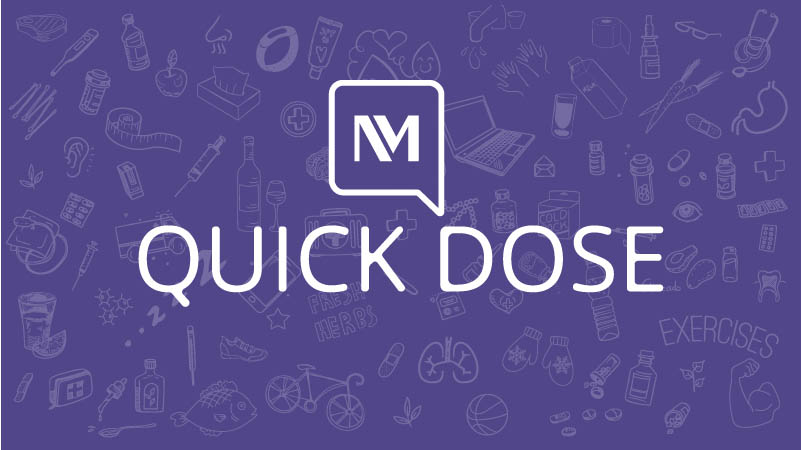Treatments
Crohn's Disease Treatments
Your treatment will depend on your symptoms, overall health and the progression of your disease. Treatment options include:
- Medication: Medicines for Crohn's disease include anti-inflammatory drugs to reduce pain and inflammation, immune system suppression drugs to control the immune response, and antibiotics to fight infection.
- Surgery: Surgery may be necessary to remove the damaged portion of your digestive system, repair fistulas, drain abscesses or widen strictures.
- Supplements: Since inflammation can prevent vitamin absorption and some medications put patients at a higher risk for osteoporosis, it is important to follow a diet high in vitamin D, calcium, and other vitamins and minerals.
- Diet: Although foods do not cause inflammation and irritation, some foods such as dairy, high-fiber grains, hot spices and alcohol can provoke symptoms. Your physician may ask you to keep a detailed food diary and work with a dietitian to identify and avoid foods that cause symptoms for you.
- Quitting smoking: Smoking can cause you to have more severe symptoms and more frequent relapses.
- Manage stress: Exercise, biofeedback and relaxation exercises can help you manage your response to stress.



